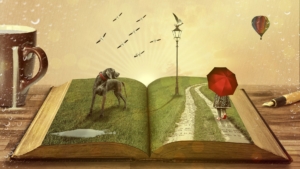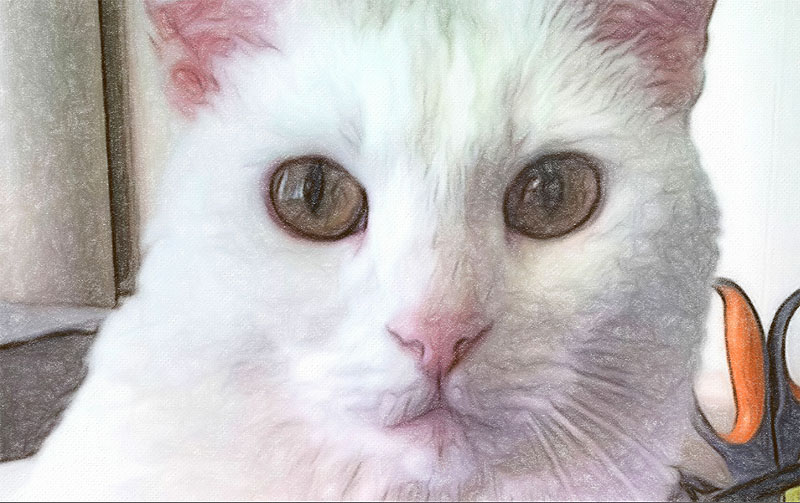Depth in Wood – Depth in Writing
Carve Out the Depth in Your Writing
I have been a woodcarver for over 15 years and a fiction writer for over five years. I’ve read Dean Wesley Smith’s articles about the depth and Stages of a Fiction Writer. His post led me to a comparison of the stages of a woodcarver. In stage one Smith says fiction writing is all about sentences, grammar and punctuation.
In the first stage of woodcarving is all about the knife, the wood and making those first cuts. There is a level of fear involved as you try to avoid cutting yourself and bleeding all over. You fear the knife and fear making cuts that are too deep. The fear causes you to carve deep. You nick the surface without a strong impression. To your eyes you feel you have created a masterpiece of art. To others the piece is boring and lacks depth. After years of experimentation and development of skills you no longer fear the knife and cut away with confidence and create pieces with depth and emotion.
The Same Holds for Fiction Writing
At first you fear going too deep into your characters’ point of view. Then you fear making your characters bleed on the page and you end up with a shallow piece of writing that nicks the surface and give shallow emotions. You don’t want to hurt your characters or have to struggle too hard to fix their wounds. You might think your piece is a work of art. But your readers feel no spark of emotion and the characters all end up in shallow, happy lives. It’s boring and lacks depth.
I read a piece by P.J. Reece (Story Structure Expedition: Journey to the Heart of a Story). In this article, he discusses finding the heart of your story as a writer. He talks about writing to a depth to which your protagonist has reached the “pits of despair”. Only then will he be able to experience a “subsequent change of heart.”
Reece says: Down there, that’s where we discover the truth about our human condition. The best protagonists glimpse the ugly truth and see a way to rise above it–above themselves.
In my experience writing a romantic comedy I had all the elements of a good story. But it fell short of shining as the piece I wanted it to be. Going back over it I realized I had not caused my protagonist to suffer enough, even though this was a romantic comedy. I feared going too deep into the character so focused on the words, grammar and punctuation more than the story itself. I went back in with a sharper knife and made deeper cuts. The protagonist reached the pits of despair to lost her love, lost her job, lost her old way of thinking and being.
Reaching the bottom freed her to see what was possible and what would make her happy again. The protagonist now had room to change and grow and the story took on a new depth and possibility. Reaching the bottom did not lessen the humor of the story but enriched it through more intense contrast of despair and joy.
Like the finished work, a wood carving shows shadows in its cuts. The more cuts, the more shadows. Shadows show the depth of the piece. As we say in the wood carving world – keep carving. So, also, to you writers – keep carving.
More on Depth in Writing
Add Flair and Depth to Your Writing!
Dr. JAC’s Guide to Writing with Depth
Tell everyone about your stories. Show them where they can buy your novel. Lure them in. More…
Need more help brainstorm the character traits in your story? More…
Don’t forget to edit your colorful character’s story. Do you use too many adverbs? Are you using the right words to describe them? More …
Start Writing Now – This book is for the dreamers who say one day they will write their stories and become a writer. Then they forget their dreams of writing. But they can write now – write those stories now. I mean right now.
How Not To Write A One Star Novel – Do you want to create a five star novel? Learn from other writers’ mistakes and prevent yourself from receiving any one star reviews for you hard work. Here is your free e-book.






